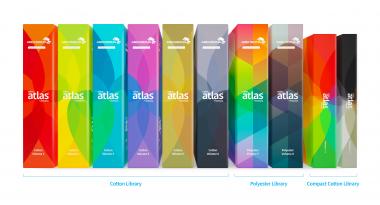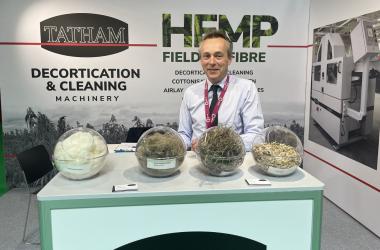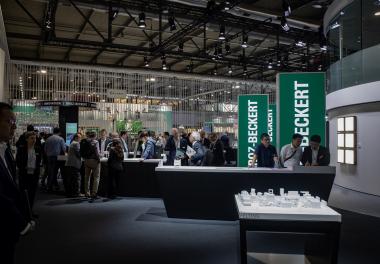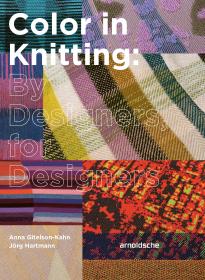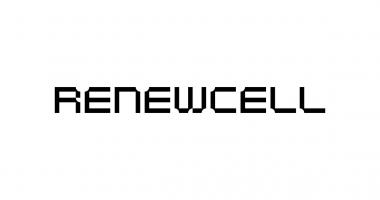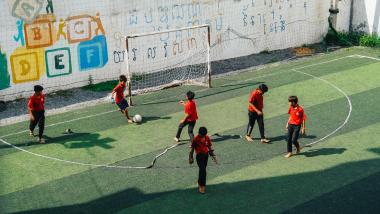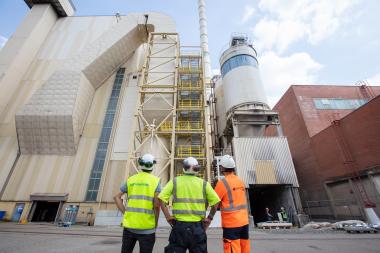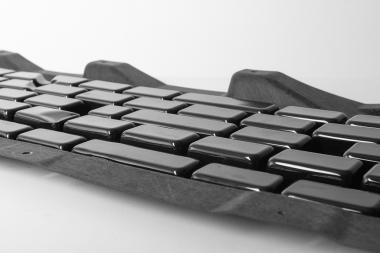Archroma wins Just Style 2023 Excellence Awards
Archroma has won several major accolades at the Just Style 2023 Excellence Awards:
- Business Expansion – Digital Platform award: Color Atlas online library
- Innovation – Dyes award:
o FiberColors®
o Diresul® Evolution Black liq
o NOVACRON® Atlantic EC-NC
Digital Platform Award for The Color Atlas by Archroma®
The Color Atlas by Archroma® empowers fashion designers and stylists with off-the-shelf color inspiration and the ability to quickly and reliably execute their design intent with products that meet their desired sustainability profile and comply with international eco-standards.
Innovation Awards for Dyeing Technologies
Archroma was also recognized for its innovation in dye technology with three Just Style Excellence Awards.
Archroma’s FiberColors® technology was awarded for helping move the industry towards a circular economy. Synthesized with a minimum 50% textile waste based raw material, FiberColors® transforms pre- and post-industrial fashion and textile waste into gorgeous upcycled colors – allowing brands to color their new collections with their pre-loved collections.
Diresul® Evolution Black liq, based on the company’s latest synthesis technology, has advantages over traditional sulfur black including large reductions in the amount of water needed in dye synthesis and a unique shade and wash-down effect when compared with existing black denim.
Novacron® Atlantic EC-NC won its Just Style Excellence Award for addressing mill challenges with the industry’s first blue element to deliver chlorine- and nitrogen oxide (NOx)-fastness alongside lightfastness. Based on a patented dye molecule, it offers a trouble-free way to produce more sustainable cotton casual wear and home textiles that look as good as new for longer.
Archroma





